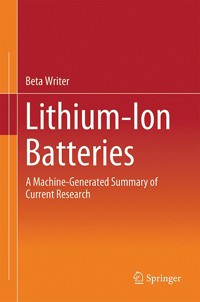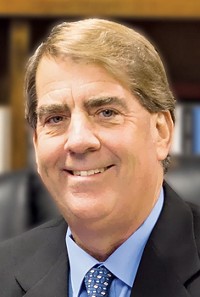Advertisement
Grab your lab coat. Let's get started
Welcome!
Welcome!
Create an account below to get 6 C&EN articles per month, receive newsletters and more - all free.
It seems this is your first time logging in online. Please enter the following information to continue.
As an ACS member you automatically get access to this site. All we need is few more details to create your reading experience.
Not you? Sign in with a different account.
Not you? Sign in with a different account.
ERROR 1
ERROR 1
ERROR 2
ERROR 2
ERROR 2
ERROR 2
ERROR 2
Password and Confirm password must match.
If you have an ACS member number, please enter it here so we can link this account to your membership. (optional)
ERROR 2
ACS values your privacy. By submitting your information, you are gaining access to C&EN and subscribing to our weekly newsletter. We use the information you provide to make your reading experience better, and we will never sell your data to third party members.
Publishing
Reactions: Documenting large chemical datasets and using public exams to overcome language barriers
December 16, 2023
| A version of this story appeared in
Volume 101, Issue 41
Letters to the editor
Take historical efforts into account when deciding how to handle large datasets
First, I thank Matthew A. Fisher, chair of the American Chemical Society Committee on Science, for bringing to our attention the National Academies of Sciences, Engineering, and Medicine report The Importance of Chemical Research to the U.S. Economy (C&EN, Sept. 25/Oct. 2, 2023, page 33). In particular, I appreciate bringing to our attention the need to manage “extremely large chemical datasets so that they are easy to use and share with others.” My purpose in writing is to make the chemical community aware that there was a major historical recognition of the need to make large scientific datasets available in perpetuity, at which time a whole publishing process was initiated.
In the beginning of 1936, under the leadership of Watson Davis, the Auxiliary Publication Service was established. Subsequently, in March 1937, Davis was instrumental in establishing the American Documentation Institute (ADI), now the Association for Information Science and Technology (ASIS&T).
Under the Auxiliary Publication Service, datasets too large for publication were submitted to the ADI for assignment of a catalog number and for copying onto microfilm, which was then stored by the ADI. The published article then cited the cataloged dataset and its location so that it could be accessed by future readers. The history of this service is not well documented, but it appears that the ADI operated the program through 1968 and accumulated nearly 10,000 datasets. Ultimately, the microfilm collection was transferred to the Library of Congress and has been housed in the Technical Reports and Standards Unit since 2009.
References about this service are at www.loc.gov/rr/scitech/trs/trsadi.html. The book From Documentation to Information Science by Irene Farkas-Conn notes that 43 journal editors indicated their willingness to cooperate with the Auxiliary Publication Service, the Chemical Abstracts Service (CAS) was the first abstracting service to participate, and CAS editor E. J. Crane thought the idea of auxiliary publication was very important. The Auxiliary Publication Service datasets need to be incorporated into whatever new initiative is launched. In particular, ASIS&T needs to be a member of the initiative, both for its historical knowledge and for its contemporary knowledge of the management of large digital collections.
Deanna Morrow Hall
Stone Mountain, Georgia
Public exams to overcome language barriers
As ably reported by Krystal Vasquez in “What to Do When Language Impedes Science,” overcoming language barriers is a multifaceted problem. For the specific context of undergraduate examinations, though, an elegant and practical solution has been offered by biologist Benjamin Wiggins and colleagues via the public exam system, described in a 2019 post on Course Hero’s Faculty Club and a 2023 journal article (J. STEM Educ. 2023, 24, 36). In brief, students get to see the majority of test text several days before the test is administered, enabling students to request and suggest changes that would improve the clarity of the questions.
Greg Crowther
Seattle
ACS 2022 IRS Form 990 available
The American Chemical Society’s 2022 IRS Form 990 is now available on the ACS website. To access the information, go to www.acs.org/acsirsform990. Please scroll toward the bottom of the page to access the 2022 form and related Guide to Schedule J for explanatory information regarding ACS executive compensation. If you have any access problems, please contact service@acs.org.





Join the conversation
Contact the reporter
Submit a Letter to the Editor for publication
Engage with us on Twitter